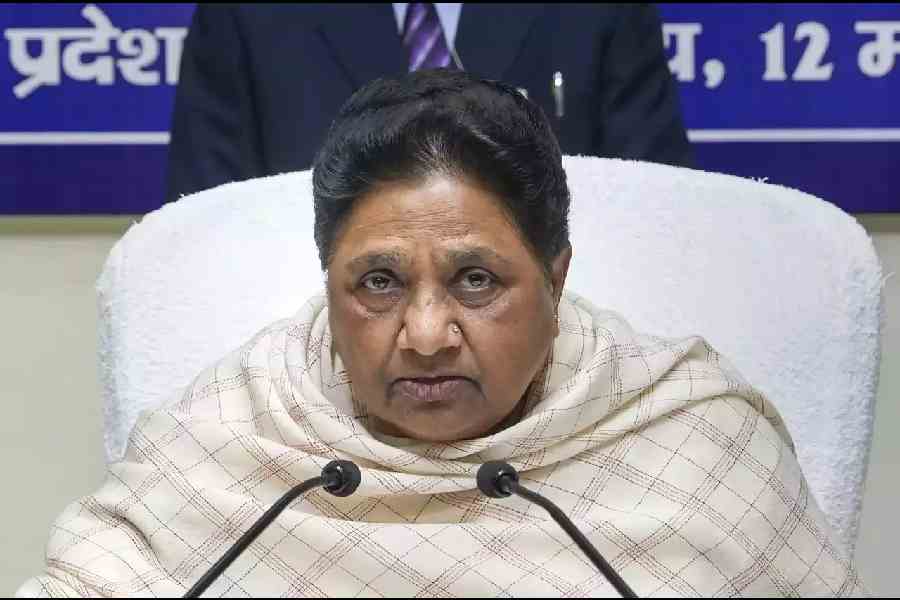The four-time chief minister of Uttar Pradesh, Mayawati, cuts a forlorn figure in regional and national politics these days. She has decided that the Bahujan Samaj Party, too, will stay aloof: the BSP will not be a part of the Opposition INDIA bloc and fight the upcoming general elections on its own. There are whispers that allegations of irregularities prevent the Dalit leader from antagonising the Bharatiya Janata Party regime that is only too happy to let loose investigative agencies on its opponents. Her bitter and competing ties with the Samajwadi Party may have also influenced her decision to strike out alone. Some argue that the BSP’s isolationist policy is a prudent step to bolster its prospects in an election that is an existential battle for this much-diminished force. There can be no doubting the BSP’s political marginalisation, much of which has corresponded with the spectacular inroads that the BJP has made into India’s electorally significant constituencies of other backward classes and the extremely backward classes. This has enabled the BJP to take the sting out of the BSP’s political potency.
The undeniable fact is that the Dalit vote has remained disaggregated — fragmented — through much of the republic’s modern political history. This has been the principal failure of mobilisation and emancipatory movements in the name of India’s marginalised people. This failure must be seen in light of the attitude of the representatives of the community who have often viewed the cause of Dalit empowerment as an electoral, as opposed to a social, commitment. The resultant turf war has prevented the consolidation and the amplification of the Dalit voice as well as its fusion with other solidarities. Such utilitarianism is a tragic antithesis of B.R. Ambedkar’s legacy. This chapter of failure has now been succeeded by another development: the yoking of the Dalit identity to the cause of Hindutva, a modus operandi that has yielded the BJP significant electoral dividends. Typically, Hindutva’s mobilisation of the weaker social segments, including Dalits, relies more on symbolism than meaningful uplift. Little wonder then that the political competition for the Dalit vote is inversely proportional to Dalit representation in all walks of life in India.










